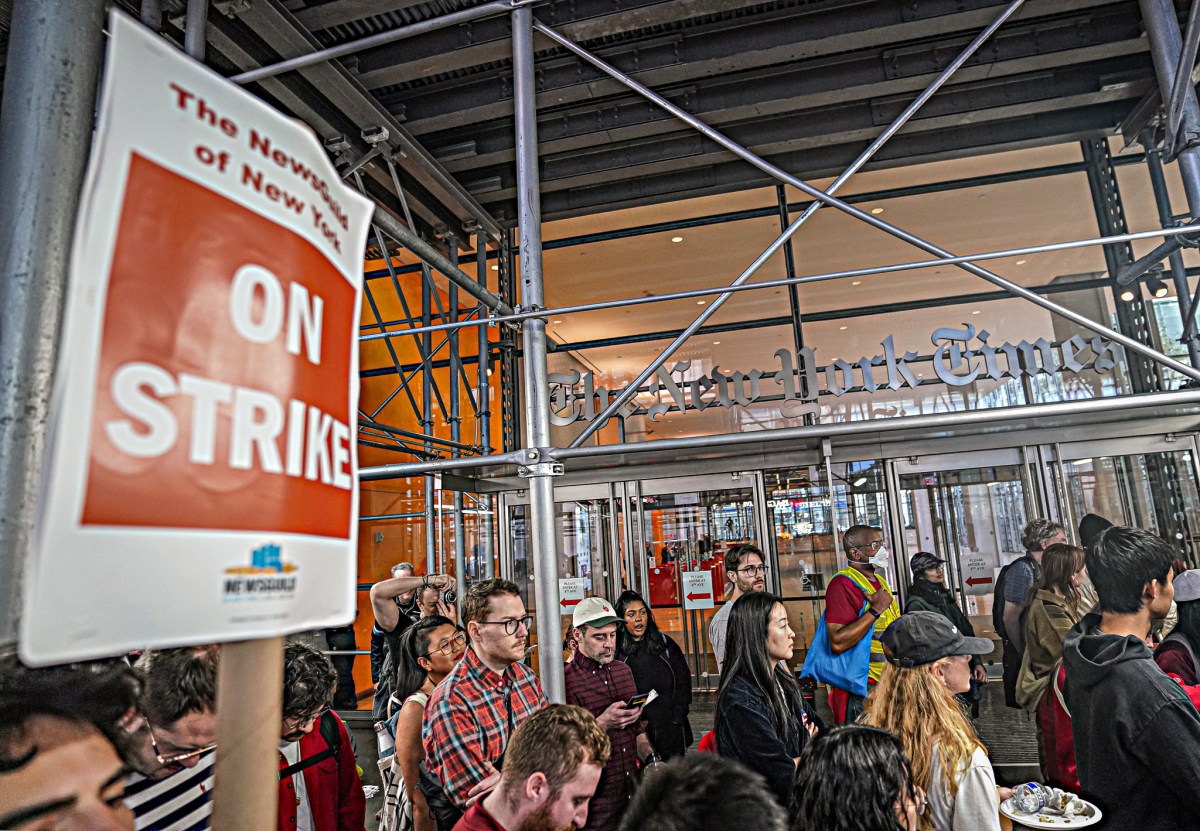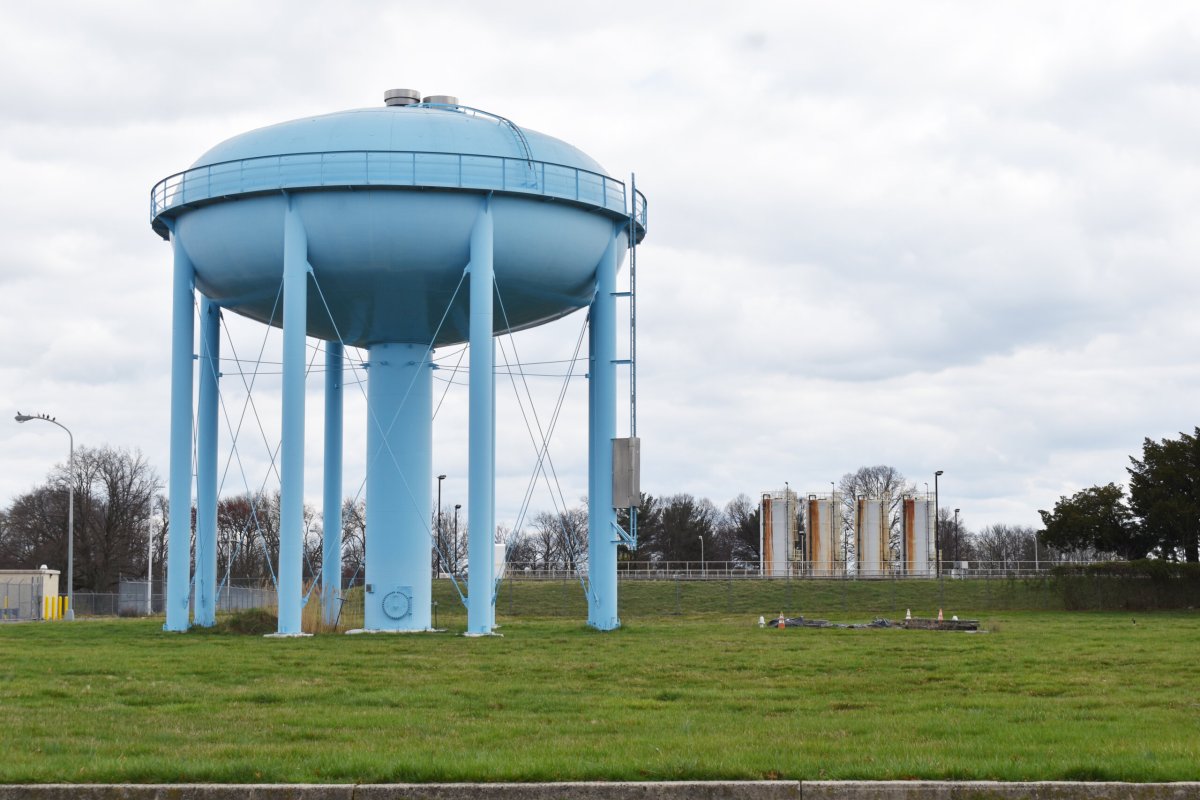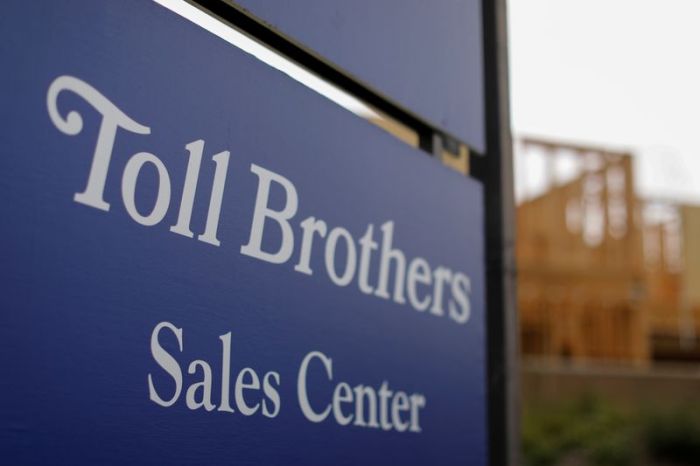BERLIN (Reuters) – Germany’s economy is likely to shrink by 6.6% this year as businesses expect it will take nine months on average before operations return to normal after the coronavirus, the Ifo Institute said on Thursday.
That would be Germany’s worst economic performance since reunification in 1990.
As the outlook improves next year, Ifo predicts Europe’s biggest economy will grow 10.2% in 2021.
Recent surveys suggest Germany is slowly recovering after economic life was restricted in late March to contain the coronavirus pandemic.
Ifo, however, said some businesses are braced for longer and more painful recoveries.
Travel, hospitality and car manufacturing expected lengthier recoveries, while aviation expects normalisation to take 16 months, Ifo’s survey showed.
Ifo expects the economy to shrink 12.4% in the second quarter of 2020 from a year earlier due to the nationwide lockdown.
The forecasts are for Ifo’s most likely scenario.
In its worst case scenario, in which a return to normal took 16 months, the economy would shrink 9.3% this year and grow 9.5% in 2021. In the best case, companies would recover in five months, the economy would shrink just 3.9% in 2020 and expand 7.4% next year.
All three scenarios, based on business sentiment as well as production, turnover and foreign trade data, assumed a gradual relaxation of restrictions from the end of April. Smaller shops reopened on April 20.
Construction, until recently resilient in the face of the downturn, will also suffer this year, its industry association said. It forecast turnover will stagnate at 135 billion euros ($149 billion), the same level as last year but a decline of 3% in real terms.
Even in the healthcare sector, which might have been expected to be a beneficiary of the crisis, 72% of companies expect revenues to fall thanks to the impact of the crisis on operations and severed supply chains, a German Chambers of Commerce survey showed.
Only 6% were profiting from increased demand for products like protective clothing, ventilators and diagnostic tests, the survey showed.
Germany was already teetering on the edge of recession before the coronavirus outbreak. Its economy grew 0.6% in 2019, its slowest rate since 2013.
(Reporting by Thomas Escritt, editing by Douglas Busvine, Larry King, Susan Fenton)























